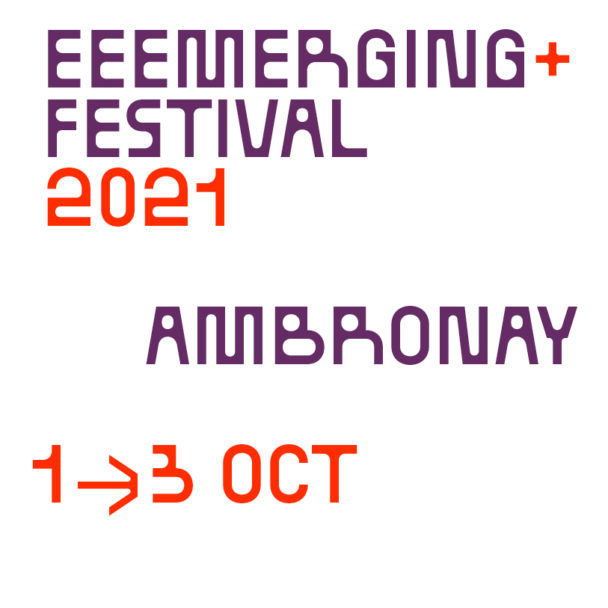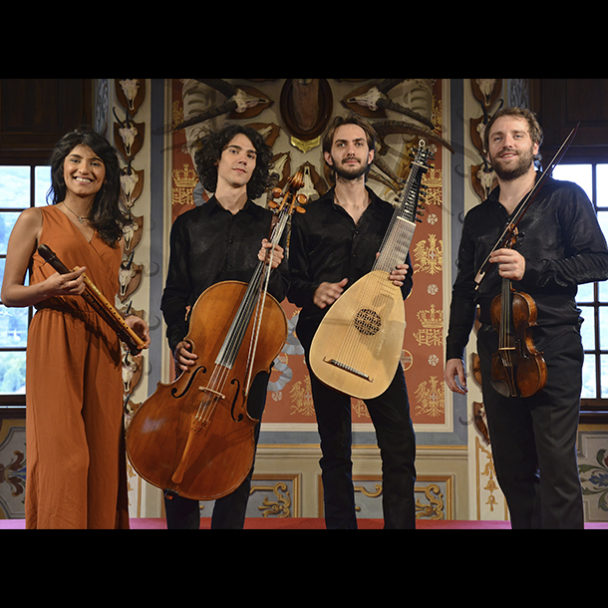Though not a musician, Simon Mundy has been in the music business for fifty years, as a critic and broadcaster, as a programme director. He regularly works with the Chamber Orchestra of Europe and other ensembles. He describes himself as “an ideas catalyst”, putting people and ideas together to see what comes out.
Here is a summary of the advices he gave in answer to the EEEMERGING+ ensembles’ questions during the fourth Innovation Lab.
- In your relations with the public or with the press, you should always try to be yourself, in what you say and what you look like on your photographs.
Be careful how you write your biographies: it should not read like a mere CV, you should try to make it attractive, to make it special. Explain how you met, what is your passion, what is special about what you are doing. Show why your work is really interesting. Ideally, you should give the answer to the question ‘Why should I spend my evening with you?’. The only duty artists have to the audience is not to bore them; they can fascinate them, they can irritate them, but they mustn’t bore them. I am a great walker out: if I am bored, if I hear too many flat notes, I will go. Why should I spend the rest of my evening getting more and more angry, listening to something that is annoying me?
- How to deal with bad reviews?
If you know you did something wrong, then take them seriously. Research has shown that the audience does not remember the content of reviews, they just remember they read something about you. On the other hand, good reviews are really important, especially in a trustworthy publication, either online or in print, because they will help you sell: they will give a programmer a sense that somebody whose opinion they trust thinks you are quite good. If you get an attractive review, don’t be afraid to include it in your brochure. We enjoy it as critics, as long as you give us credit. Programme directors trust some critics, but they also trust their friends, so of course you should send emails and videos, but you should also use your personal contacts to make yourself known, through recommendations. The more they hear your name, the more likely they are to book you in their festivals.
- You should have four or five places that you really build a relationship with, that you go back to every year or every other year.
You can take a project and build on it from one year to the next, and then you will have something out of the ordinary that you then take to other places. And you will have a core of people you know, who will stick by you throughout your career. When you have a residency, when you play in a festival, you should try to attract writers to review your performance: they will not write just one paper, as they can sell a review to one outlet, an interview to another, and so on. Publicists can also be useful, if they are people the journalists trust. There is no guarantee that it will work, but if you’ve got the money, and you’ve got a big programme or a big album that you’re trying to sell, then a publicist is useful. If what you do is part of a programme, they can sell it not just for a review, but for a feature, which is better for you.
- What will change in the coming years?
Two things won’t change: the quality of the music making, and the expertise of the performance. What is going to change, and has already changed massively in this century, is the range of repertoire, the flexibility of ensemble formats, the ability to work with other art forms… All those things are going to develop.
Audiences change too: some want to sit still in a concert, others want to move around like in a rock festival. People aged 30 to 45 are usually more difficult to get out in the evenings. Passionate people will always be there, whatever their age, even if they tend to become exclusive.
Interactivity could also be developed, with the audience asking questions to the musicians, having a talk before or after the performance. You can explain why you decided to play this or that piece of music, so that the audience can understand better. Engage with your audiences as much as you can. You can get good or bad feedback, but you learn a lot about the audience’s perception
Laurent Bury


